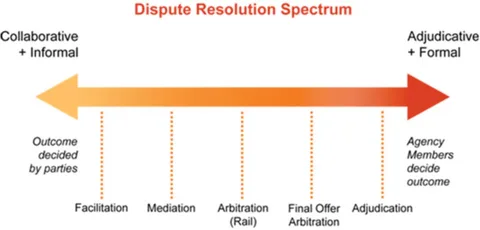In the management of shared properties such as condominiums, apartments, and gated communities, maintaining financial stability is crucial. One of the critical aspects of this stability is effective body corporate debt recovery. When members fail to pay their levies or fees, the body corporate faces challenges in fulfilling its obligations. This article explores the rights, responsibilities, and remedies associated with body corporate debt recovery, helping both management committees and owners understand the process clearly.
Understanding Body Corporate Debt Recovery
Body corporate debt recovery refers to the legal and administrative measures a body corporate can take to recover unpaid levies or fees from owners or members. These fees are essential for covering maintenance, repairs, insurance, and other communal expenses. Failure to recover debts promptly can disrupt the management and upkeep of the entire property.
Rights of the Body Corporate in Debt Recovery
The body corporate holds specific rights when it comes to recovering outstanding debts:
- Right to Demand Payment: The body corporate has the right to demand payment of levies and fees in accordance with the governing documents and applicable laws.
- Right to Interest and Penalties: If payments are late, the body corporate may charge interest or late fees as stipulated in their regulations.
- Right to Legal Action: The body corporate can initiate legal proceedings against defaulting owners to recover the debt, including applying for judgments or execution orders.
These rights ensure that the body corporate can enforce financial discipline within the community.
Responsibilities of Owners and the Body Corporate
Both the owners and the body corporate have distinct responsibilities regarding debt recovery:
Owners’ Responsibilities
- Timely Payment: Owners must pay levies and fees on time as agreed in the body corporate’s rules.
- Communication: Owners should notify the body corporate of any financial difficulties and seek possible arrangements to avoid default.
Body Corporate’s Responsibilities
- Transparent Billing: The body corporate must provide clear and accurate statements detailing amounts owed.
- Fair Recovery Process: Debt recovery must be conducted fairly, respecting owners’ rights and following legal protocols.
- Record Keeping: Proper documentation of all transactions and communications related to debt recovery should be maintained.
Remedies Available for Body Corporate Debt Recovery
When owners fail to settle their debts, the body corporate can pursue various remedies:
Negotiation and Payment Plans
Often, the first step is to negotiate with the debtor for a payment plan that is manageable, avoiding costly legal actions.
Mediation and Dispute Resolution
If negotiations fail, mediation offers a way to resolve disputes amicably, involving a neutral third party.
Legal Action
As a last resort, the body corporate may:
- Obtain a court judgment for the outstanding amount.
- Enforce the judgment through mechanisms such as garnishment, attachment of property, or sale of shares in the property.
Conclusion
Effective body corporate debt recovery is vital for the smooth operation and financial health of any communal property. Understanding the rights, responsibilities, and available remedies allows both the body corporate and owners to work collaboratively to address outstanding debts. Clear communication, fair practices, and timely action can often prevent disputes and promote a harmonious living environment.

